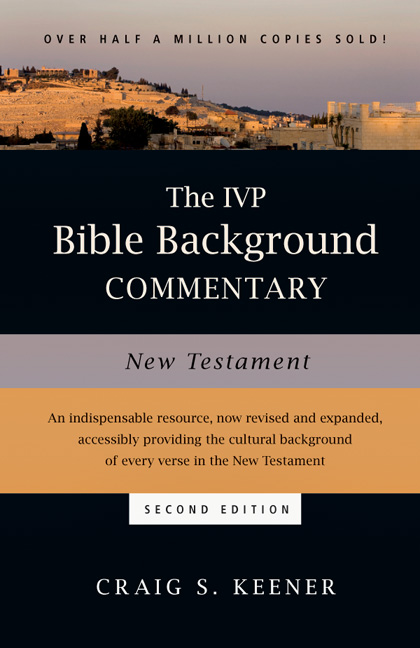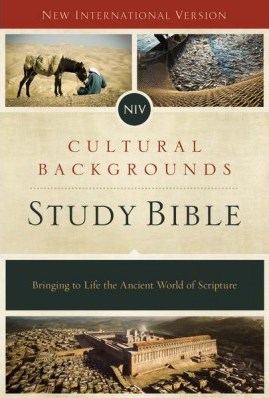Listening for God’s Voice and Heart in Scripture: A conversation with Craig S. Keener
If we are more concerned about respectability than celebrating God’s gifts, something is wrong.

 Now I know not everybody has these kinds of resources or even friends whose insights they can solicit. I do know that at least a lot of ancient Bible background is available because I wrote a background commentary (InterVarsity) and edited the NT part of the NIV Cultural Backgrounds Study Bible (Zondervan). These cannot answer every question one might think of, but they offer a start. One will be well-served so long as one thinks cross-culturally; read the Bible the way you would read a message from another culture, because it is one. At the same time, read the Bible the way you would read about people like yourself, because they are people like we are and most of all, our God is the same God, the one hero throughout the Bible and all history.
Now I know not everybody has these kinds of resources or even friends whose insights they can solicit. I do know that at least a lot of ancient Bible background is available because I wrote a background commentary (InterVarsity) and edited the NT part of the NIV Cultural Backgrounds Study Bible (Zondervan). These cannot answer every question one might think of, but they offer a start. One will be well-served so long as one thinks cross-culturally; read the Bible the way you would read a message from another culture, because it is one. At the same time, read the Bible the way you would read about people like yourself, because they are people like we are and most of all, our God is the same God, the one hero throughout the Bible and all history.
PneumaReview.com: What steps can Bible schools and seminaries take to help equip their students to hear the Bible as a living book that speaks to God’s people today?
If we ask for His Spirit to reveal His heart to us as we read Scripture, He won’t turn that prayer away.
PR
Editors’ note: Special thanks to John Lathrop for his assistance with this interview.
Further Reading:

Take a course on biblical interpretation with New Testament scholar, Professor Craig S. Keener.
Rightly Understanding God’s Word, in 15 portions (published in The Pneuma Review from Spring 2003 through Spring 2006, with a new introduction added in Winter 2015).
An excerpt from the Introduction:
I arrange this course from the most basic principles to the more complex. Some students may find principles like “context” too basic and may wish to skip ahead. Before they do so, I encourage them to sample the context examples; many will be surprised how many songs, sermons, and popular sayings have taken texts out of their context. In other words, it is one thing to affirm that we believe in context; it is quite another to practice that skill consistently. I have supplied concrete examples to help us grapple with that reality and encourage us to apply our “belief” in context more rigorously. Context is essential because that is the way God inspired the Bible—not with random, isolated verses but with a continuous flow of thought to which those verses contribute.
Category: Biblical Studies, Winter 2017


